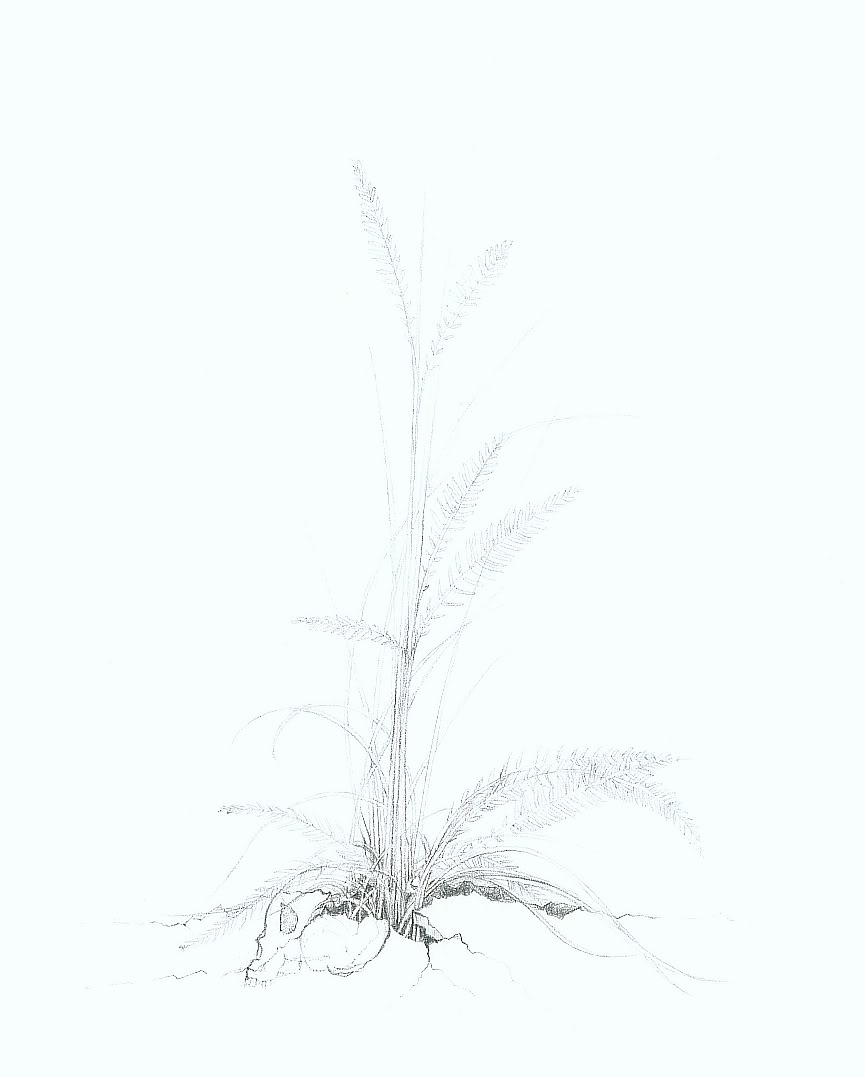
by Shaun Chamberlin | Dec 21, 2012 | 21st December, All Posts, Climate Change, Cultural stories, Favourite posts, Philosophy, Transition Movement
Let me tell you a story. It’s a story about our land — our home — and our ability to live peaceful, harmonious, respectful lives upon it and in partnership with it. And it’s a story about the big bad political structures and corporate institutions that conspire to...
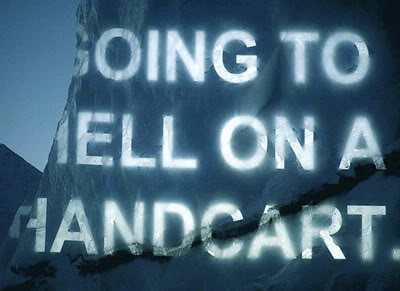
by Shaun Chamberlin | Dec 21, 2011 | 21st December, All Posts, Cultural stories, Reviews and recommendations
David Buckland, text Amy Balkin, ‘Going to hell on a handcart.’, Ice Art “Untitled, 2010” was written by artist Maria Elvorith for The Future We Deserve, a book project about collaboratively creating the future we deserve, set for publication in January...
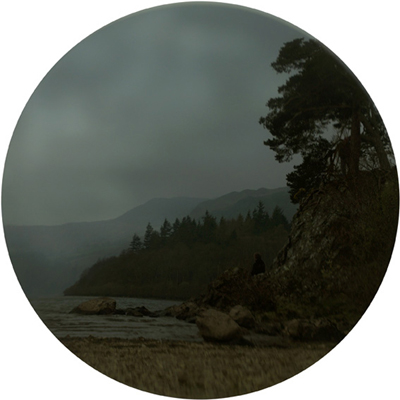
by Shaun Chamberlin | Jun 3, 2010 | All Posts, Climate Change, Cultural stories, Favourite posts, Philosophy, Reviews and recommendations
I got back from the Dark Mountain Project’s Uncivilisation festival a few days ago, and while I could write about many of the aspects of that stimulating week, one thread it really tugged on for me was the role – the critical importance – of the arts...
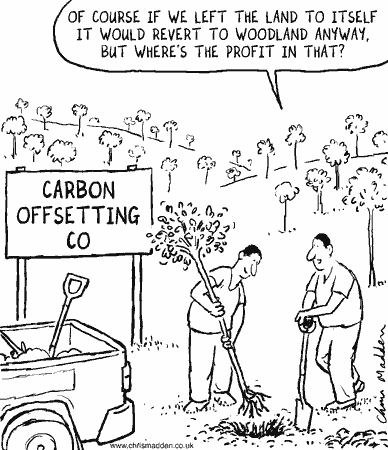
by Shaun Chamberlin | Dec 1, 2009 | All Posts, Climate Change, Cultural stories, Favourite posts
Off the back of taking part in CheatNeutral’s spoof chat show ‘Going Neutral’ at the Science Museum, this feels like the perfect time to take a look at the concept of carbon offsetting, the most recognised example of which is the planting of trees to...
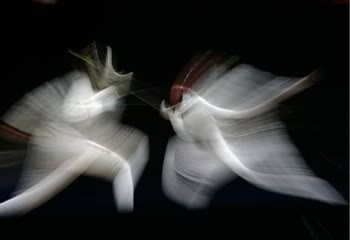
by Shaun Chamberlin | Jul 11, 2008 | All Posts, Climate Change, Cultural stories, Favourite posts, Philosophy
Those of you who know me personally will be aware that the indescribable exhilaration of physical movement to music (more commonly termed ‘dancing’) is my greatest release and joy. Over the past couple of weeks I have been much enjoying the latest...







Recent Comments